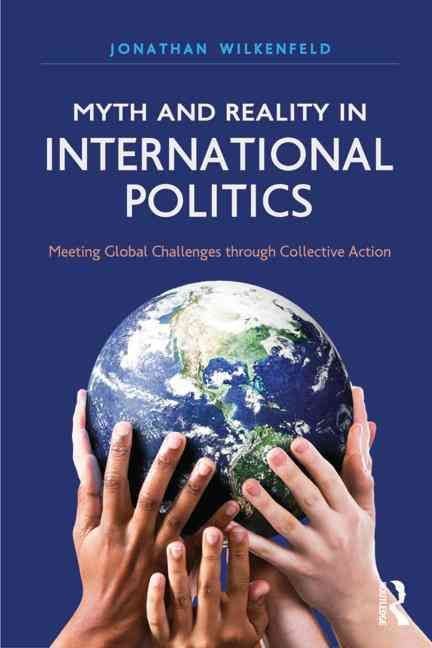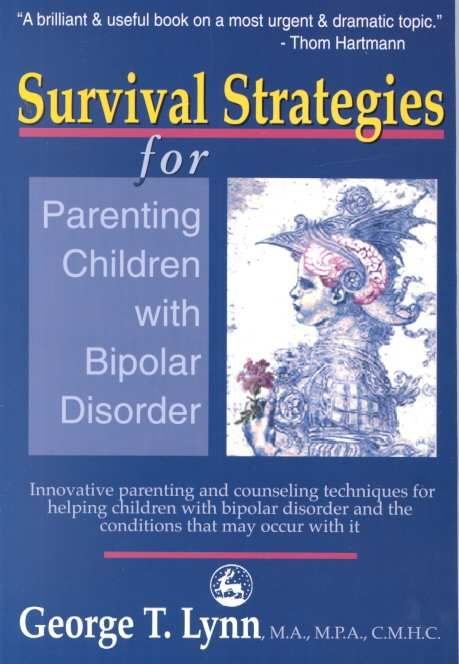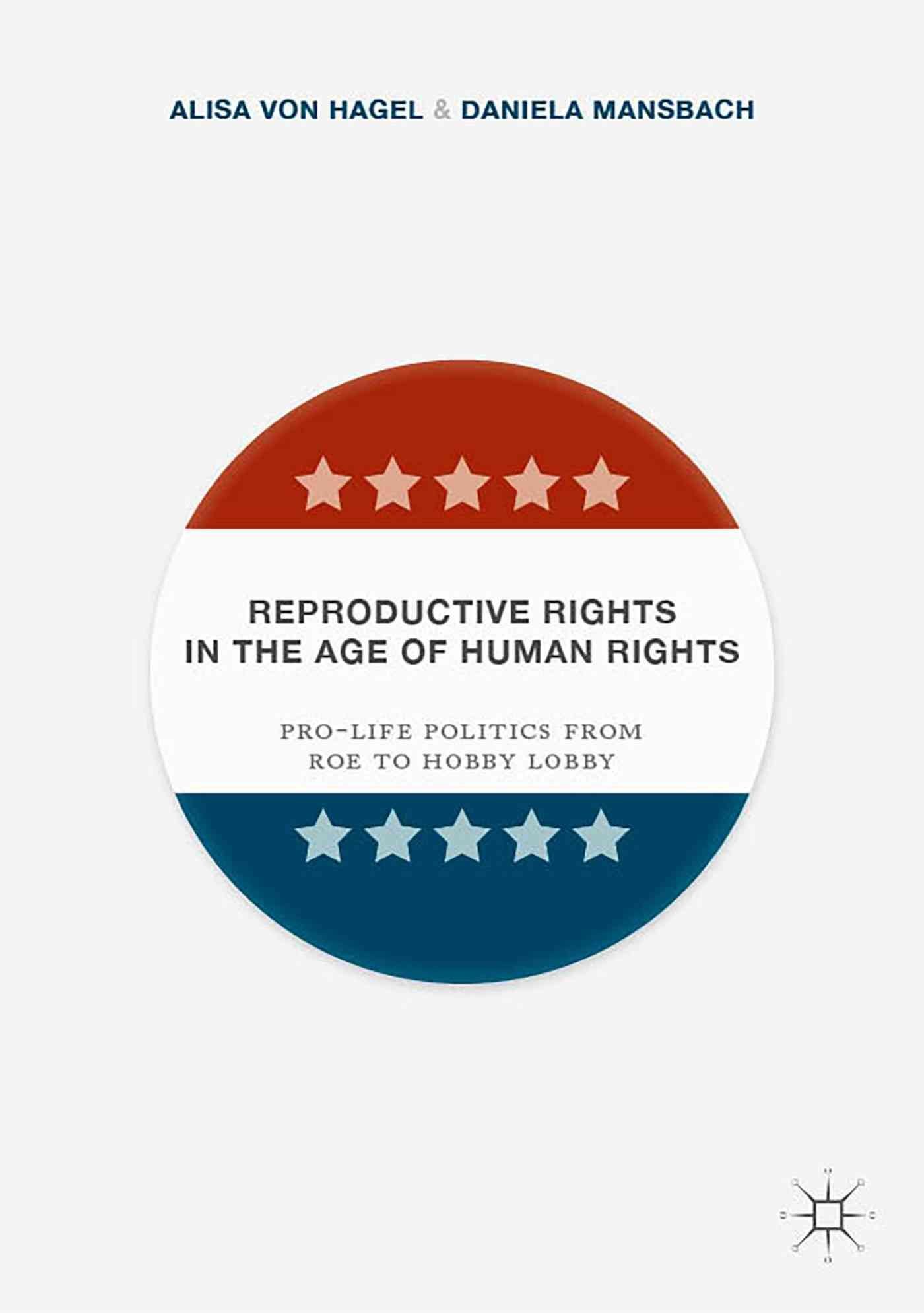Recent generations have experienced dramatic improvements in the quality of human life across the globe. Wars between states are fought less frequently and are less lethal. Food is more plentiful and more easily accessed. In most parts of the world, birthrates are down and life expectancy up. Significantly fewer people live in extreme poverty, relative to the overall population. Statistics would argue that the human race has never before flourished as it has in this moment. And yet, even with this progress, we face a number of seemingly intractable challenges to the welfare of both states and individuals, including: Governmental instability undermining the lives of citizens, both within and beyond their borders;Persistent and recurring intrastate conflict due to ineffective conflict management strategies;Marginally successful development efforts and growing income inequality, both within and between nations, as a result of uncoordinated and ineffective global development strategies;Internecine conflict in multiethnic societies, manifested by exclusion, discrimination, and ultimately violence, the inevitable consequence of an insufficient focus on managing the inherent tensions in diverse societies;Global climate change with the possibility of catastrophic long-term consequences, following an inability to effectively come to terms with and respond to the impact of human activity on our environment.These challenges require a newly collaborative, intentional, and systematic approach. This book offers a blueprint for how to get there, calling for increased leadership responsibility, clarity of mission, and empowerment of states and individuals. It is designed to transform lofty but often vague agendas into concrete, measurable progress. It believes in the capacity of humanity to rise to the occasion, to come together to address these increasingly critical global problems, and offers one way forward.












